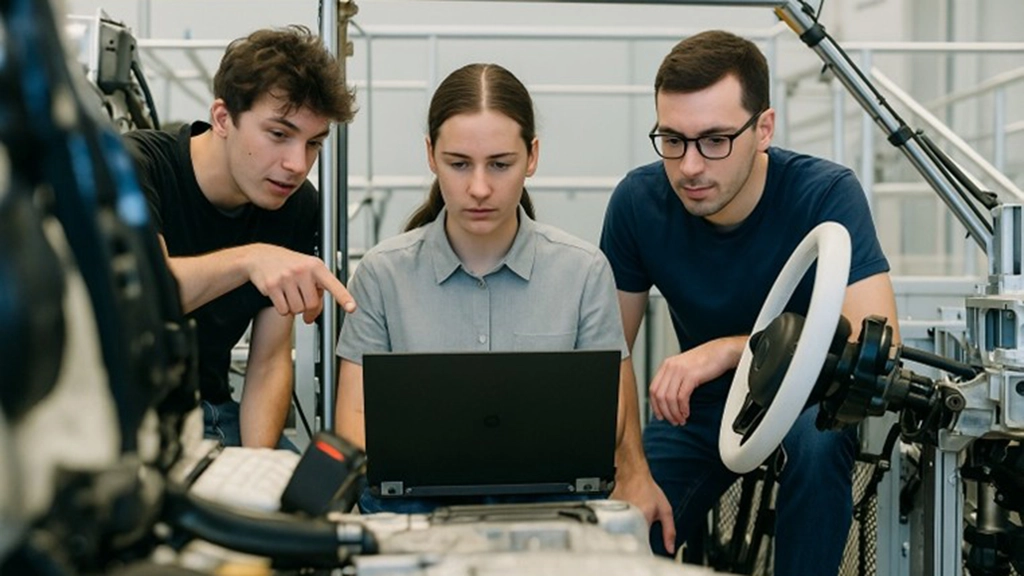As part of our ongoing commitment to recognizing and supporting engaged educators the MapEEC project recently drew inspiration from the 10th edition of the Utvecklingskonferensen för Sveriges ingenjörsutbildningar 2025 at Blekinge Institute of Technology (BTH), held on 19–20 November 2025.
The conference theme, “Utbilda för framtida utveckling” (Educate for future development), aligned strongly with our project aim: to map and promote pathways for engaged educators in higher education. Sessions at the conference explored pedagogical innovation, collaborative learning, the challenges and opportunities of technological shifts, resource-efficient learning, and creating learning environments that support engagement, and well-being.
From the MapEEC perspective, these topics resonate strongly. In our workshop at the UIIN conference 2025 in June 2025, we presented the “Engagement Matrix” a tool designed to help educators self-assess and institutions to recognise forms of engagement such as co-creation with students, external collaboration and outreach. The education conference at BTH included, for example presentations about sustainable study strategies and international student projects and further underlined the importance of broadening how we value educator effort and student experience in evolving engineering programmes.
What does this mean for institutions and educators?
- Innovative pedagogy is no longer optional, now it is central. As engineering education adapts to shifting technologies and growing societal demands, educators who facilitate real-world engagement, active learning and partnerships will be essential.
- Recognition and reward systems must evolve. As our Engagement Matrix emphasises, many educator practices lie outside traditional teaching and research metrics. Institutions must adjust to formally value mentoring, stakeholder collaboration and curriculum innovation.
- Student support and learning environments matter. We learnt from the presentation about sustainable study strategies that student well-being, motivation and long-term success are linked to learning design, institutional culture and educator commitment.
- Lifelong learning is key. Engineering education cannot only respond to current technologies as it must prepare graduates (and educators) to adapt and learn over time. The conference’s emphasis on “teknikskiftens utmaningar och möjligheter” (the challenges and opportunities of technology shifts) reinforces this.
Inspired by the insights from the conferences, we will continue this dialogue to ensure that educational engagement is recognised, supported and promoted at HEIs.
Author: Malin Löfving, School of Engineering, Jönköping University

